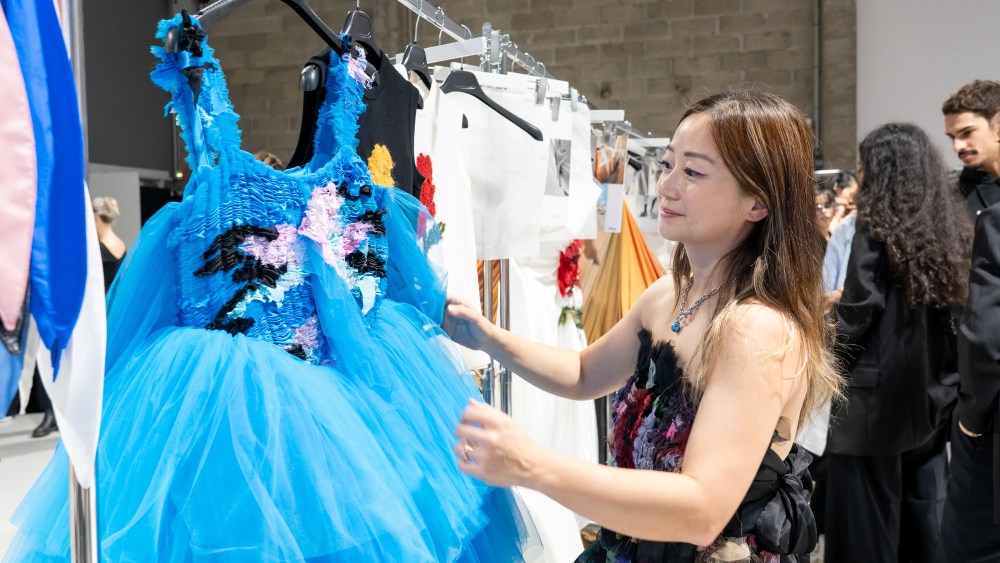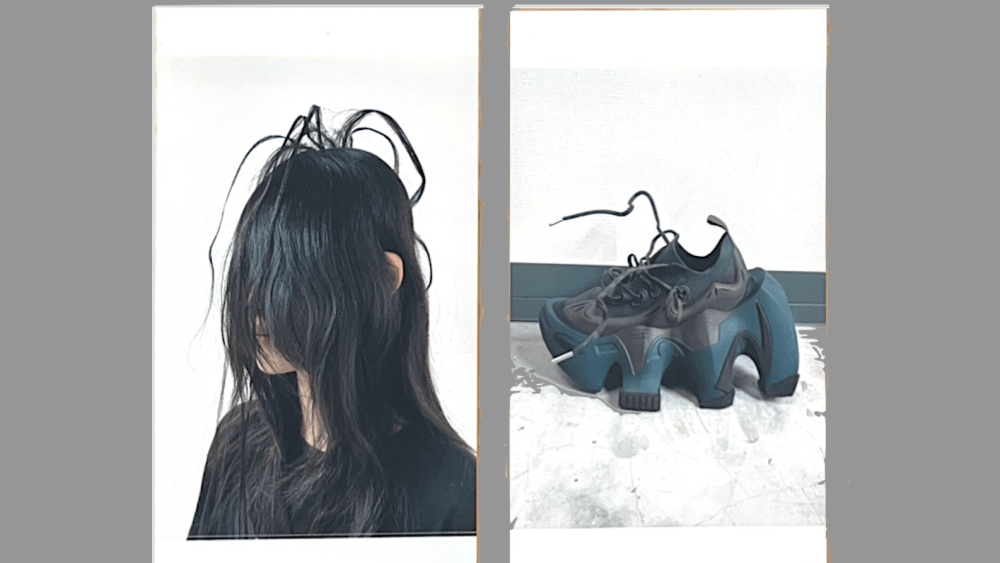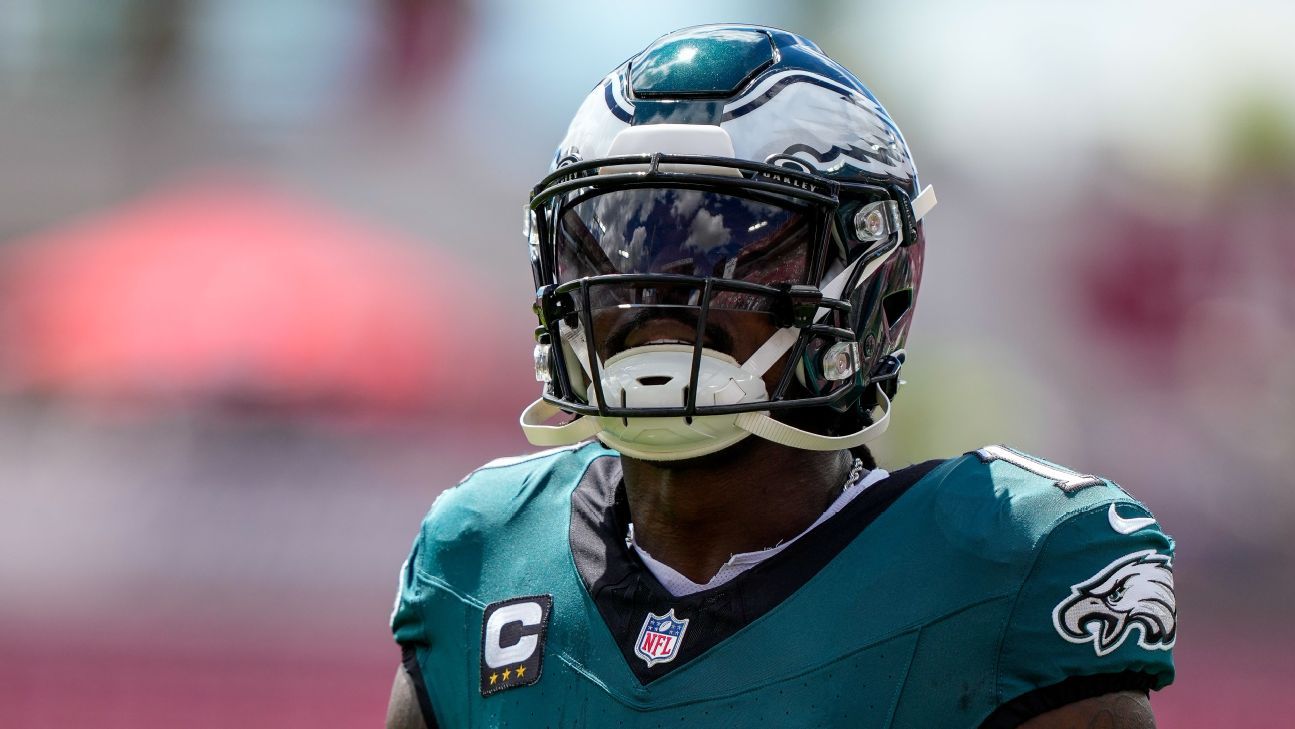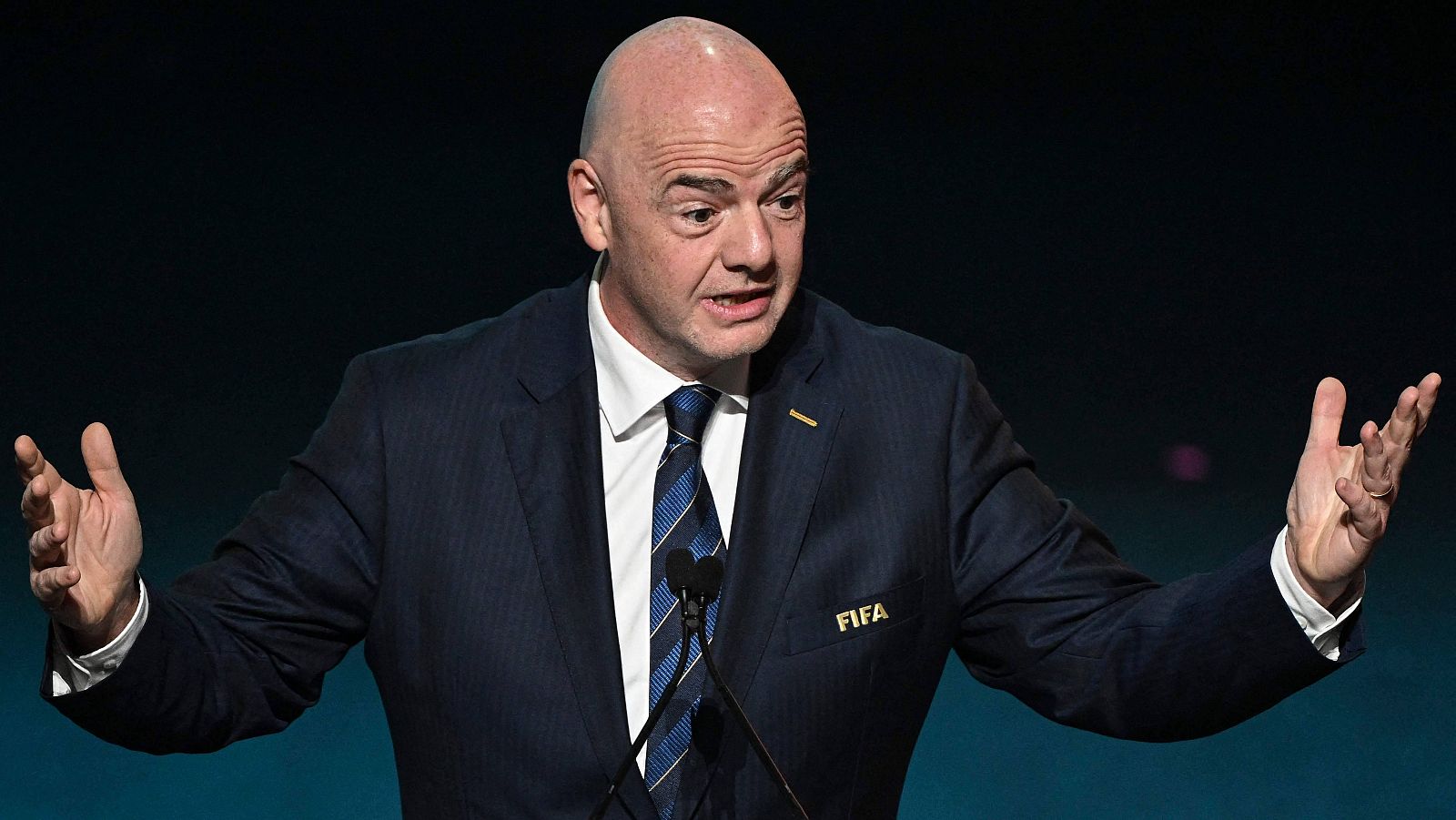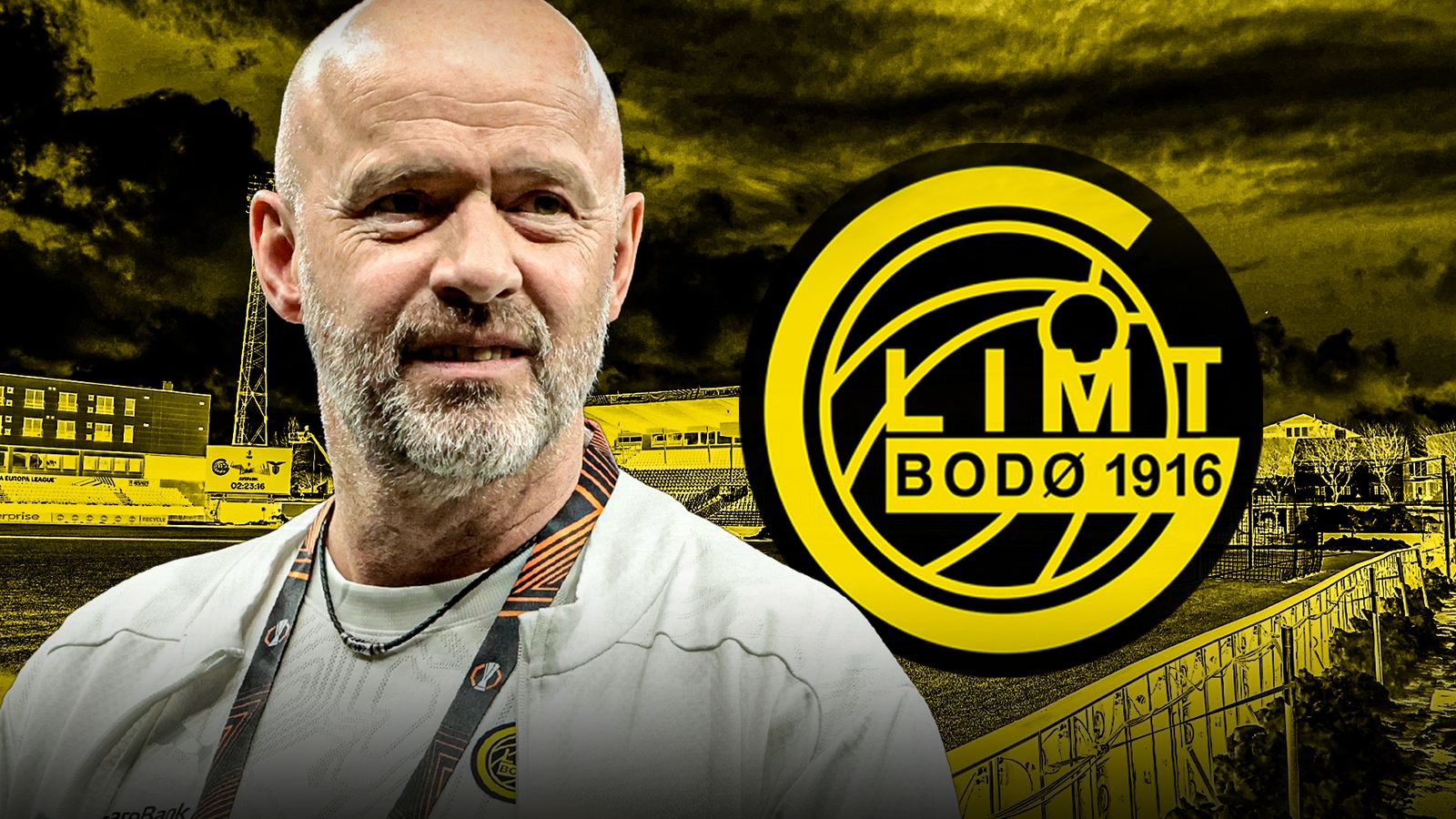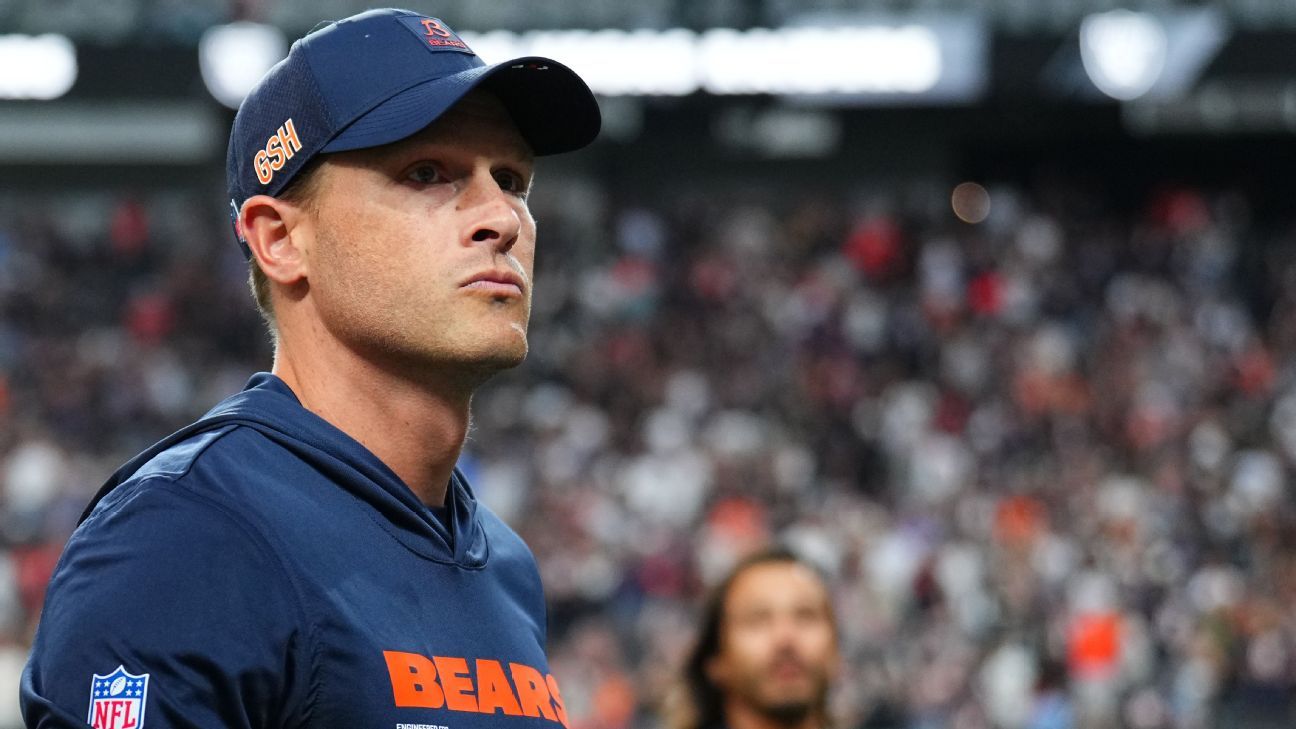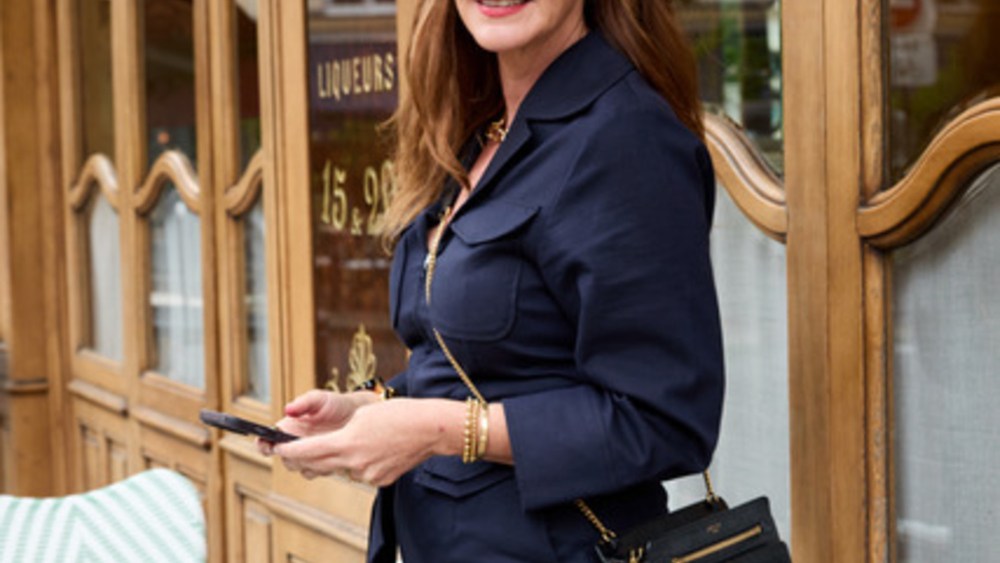
PARIS — When Stefon Diggs hit the runway in Willy Chavarria’s Paris Fashion Week show in June, Emilie Meinadier helped him get there.
The former Hearst staffer launched her media consultancy, EMC Paris, after the publishing company closed its Paris offices in 2006, and expanded to working with digital after understanding the potential of Instagram more than a decade ago. Meinadier and her team handle the fashion week seating, schedules and logistics for media, influencers and a growing roster of sports stars.
But it’s more than just simple ticket requests. The key to her approach is building luxury profiles and nurturing brand relationships over time.
She was introduced to Diggs by Instagram director of fashion partnerships Eva Chen. The NFL star had already attended some fashion week shows but wanted to develop deeper connections with designers and more meaningful relationships with brands.
He arrived with “a real creative hunger” to collaborate, Meinadier said, not just to be dressed for the stadium tunnel entrance but to become part of the brand narrative. Sports stars are increasingly making their presence felt not just on the field but also on the runway and in the front row, and Diggs represents a new kind of fashion collaborator.

Stefon Diggs walking in Willy Chavarria spring 2026 in Paris Men’s Fashion Week.
Dominique Maitre/WWD
Another client of Meinadier’s is Zach Lugo, a skateboarder with 10 million TikTok followers who gained followers for his comedic content. Luxury brands took notice, and Meinadier’s team helped build fashion bridges with Prada, Dolce & Gabbana and Dior, among others.
“Now he’s so passionate about creating mood boards and doing really elevated content,” she said, noting that Lugo has evolved into a “fashion-forward personality.” He even launched his own brand, Runaway Kid.
The fashion show front row has become a numbers game. Every seat must now deliver measurable ROI. As the luxury sector faces a slowdown, a brand’s investment in show attendees is no longer just about buzz — it’s about monetization and metrics.
“I’ve talked to brands who have said to me, ‘We’re literally looking at how much each seat in this room is worth,’” Meinadier said. “HQ is going to be very ‘This is how much this seat is costing us. This is how much I need to get back in media value.’”
That doesn’t mean smaller or up-and-coming influencers who don’t meet a certain follower numbers or engagement benchmarks are out in the cold. They may not join the front row ranks immediately, but they can prove their worth over time through long-term engagement and genuine affinity.
“They can be amazing local partners — they’ll be invited to the store opening in New York, or they’ll be part of a U.S. pop-up, or a brand drop,” she said. Partnerships with a brand’s beauty arm can be another outlet.

K-pop stars sit at the top of the pyramid — “a brand can basically have the media value for the whole show” with just one major K-pop group or member — while traditional actors and singers remain strong.
But there’s growing demand for nontraditional voices who offer devoted niche audiences. Luxury brands are increasingly seeking talents from outside the typical fashion ecosystem such as DJs, independent bookstore owners or even florists to diversify their reach and express their cultural brand values.
“A lot of the luxury brands know that they’re in a position where working with [influencers] means they’re able to be part of a certain conversation, and that conversation is worth a lot,” she said.
Following last summer’s Paris Olympics and a spate of tie-ups like LVMH Moët Hennessy Louis Vuitton’s partnership with F1, the sports-fashion connection continues to grow apace. Dior ambassador Kylian Mbappé and other soccer stars may be the most visible, but brands are now exploring everything from motocross to track-and-field athletes like Spanish triple jumper Ana Peleteiro-Compaoré Brión.
Fashion-minded tech founders and other entrepreneurs also represent a new avenue.
While the “megas” with millions of followers are still important, brands are increasingly prioritizing brand alignment, particularly from micro-influencers who bring engagement and authenticity, if not scale.
“People talked about the micro influencer before, and I think that’s gonna take even more volume,” Meinadier said.
At the intersection of brand and talent sits Meinadier — not just as an agent, but as what she calls a “diplomat.” She doesn’t merely call up for tickets; she vets, mentors and shapes long-term strategy.
“Everybody can say, ‘I love this brand, I love that brand,’ but I know those brands aren’t looking to work with everybody,” she said.
Meinadier said her outlook must be focused on sustained growth. Many of her clients have separate agents. Her role is to plug into the ecosystem — not promise front-row seats at the most sought after shows.
“No honest agent or consultant can say that. It’s just not true,” she said. “I have to present this as, ‘We’re working toward this, and this is what I can do, but also, this is what you can do. So let’s do this together. I can help you build your luxury profile and these relationships.’”
Brands want year-round engagement, and are looking for influencers who act like long-term partners, creating organic content and maintaining ongoing relationships, not just showing up at fashion week.
She also encourages her roster to deliver more than the minimum content requirements.
“The real content creator is there for that reason. They’re there to give the brand a moment,” she said. “In a luxury space, it’s what gets the attention of HQ.”
One of the recent shifts is less about who’s being invited — and more about how many. “Shows are smaller,” she said. “It’s really difficult seating this season.” Some of the scale-back may be a correction after post-pandemic over-expansion. Still, the days of influencers attending 25 shows in a week appear to be over.
“New people aren’t looking for that. They’re looking for real, authentic relationships with a couple of houses, and they’re supporting them throughout the year,” she said.
Whether from tech, activism or athletics, the ideal candidate has genuine interest in the universe. “We’re looking for people who want to see it all,” she said. “They need to have a real affinity for a brand and the creative process. Not just want a shot on their phone.”
“They like to have rooms filled with people that they know are going to be making it a viral moment,” she said. “The beauty of the influencer — whether they’re an athlete or a DJ — [brands] know they’re going to get a fast ROI.”
A-list celebrities might be monetarily tied to brands through long-term contracts or dressing relationships, while younger acting talent may simply attend as part of a broader growth strategy.
Still, Meinadier predicts fewer influencers for the coming big debuts this season, because the new designers don’t have a back catalogue so to speak, or a well of past seasons to dip into to dress them for “getting ready with me” or similar show day content. That means many brands are looking to different sectors this season that can post about the shows differently.
“They need to show that they’re a supporter and a ‘friend of the family’ to be there,” she said. Later on, they may be tapped for fragrance campaigns or paid events.
“In this industry, you’ve got to be maintaining those relationships through organic. So it’s a way that we can work very much hand-in-hand with agents,” she said. “You gotta play the game.”
#Emilie #Meinadier #Bridges #Luxury #Brands #Sports #Stars #Emerging #Talent

